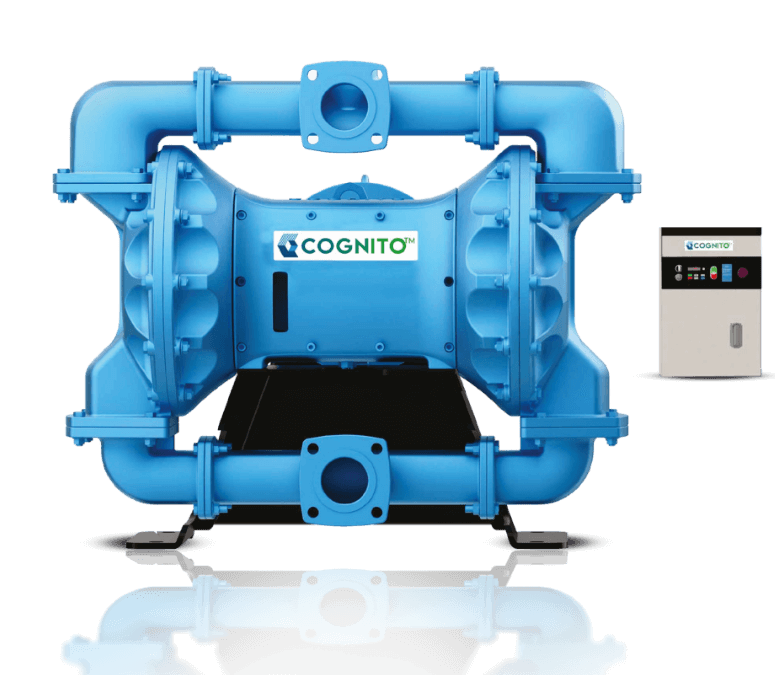How to Select the Right Pump for Your Needs
 |
| How to Select the Right Pump for Your Needs |
When it comes to choosing the right pump for
your application, you must ask a few questions first.
·
Which media or fluid do you
need to transfer?
·
What is the total size of
your operations?
·
What is the maximum pressure
the pump may need to handle?
·
What is the temperature
range within which the pump needs to operate?
It is equally important not to get confused
with the large number of pump choices available in the market. Based on your
application's specifications, a compatible pump needs to be selected. Below are
a few criteria to check before zeroing in on a pump:
·
The required flow rate of
the fluid
o The
volume of fluid to be pumped is an essential factor to be considered before
buying a pump. It is measured in m3/h (cubic meters per hour) or GPM (gallons
per minute).
·
Pressure requirement of the
application
o Before
pump selection, it is also important to identify the head pressure necessary to
move the fluid efficiently.
·
The pump's operating
environment
o Pump
selection also depends on factors such as:
§ exposure
to harsh chemicals
§ extreme
temperatures
§ outdoor
conditions
·
Cost and budget
o Before
selecting a pump, it is essential to compare the prices of different pump
models in the market and consider not just the buying cost but also the:
§ operating
costs
§ including
energy consumption
§ spare
parts
§ repair
costs
There are several kinds of pumps in the
market that deliver a specific volume of liquid within a specified period.
Diaphragm Metering Pumps
These pumps use a flexible diaphragm. They
are ideal for precise chemical dosing. Compatible with a wide range of fluids, diaphragm
metering pumps are ideal for applications in industries such as:
·
Ceramics
·
Chemical processing
·
Mining
·
Paint
·
Coating
·
Pulp and paper
·
Oil & gas
Hydraulic Metering Pumps
Offering high accuracy and durability,
hydraulic pumps are used in industries such as:
·
Construction
·
Agriculture
·
Aerospace
·
Automotive
·
Manufacturing
·
Mining
Safety features like pressure relief valves
and diaphragm rupture warning systems ensure that hydraulic diaphragm metering
pumps are safe to operate.
Peristaltic pumps
These pumps use a rotating wheel with two
pressing shoes to pump fluids by compressing and relaxing a flexible hose or tube
and are ideal for gentle fluid transfer.
Gear pumps
These pumps are an excellent choice for
industries that need to transfer high-viscosity fluids like oils and polymers.
They ensure a steady and efficient operation.
Piston pumps
These pumps use a piston's reciprocating
motion to create a constant flow of liquid or gas. They are ideal for precise
control and high-pressure applications, such as those in construction machinery
and industrial equipment.
Pulsafeeder pumps
IDEX Pulsafeeder is a well-known brand that
offers:
·
Diaphragm
·
Chemical injection package
·
Dosing skid
·
Plunger pumps
·
Variable flow pumps
·
Dosing metering technology
IDEX Pulsafeeder metering pumps include:
·
Diaphragm pumps
·
Rotary pumps
·
Peristaltic pumps
·
Dosing pumps
·
Proportional dosing pumps
·
Controllers
All Pulsafeeder pumps boast of:
·
A reliable performance
·
Rugged construction
·
Easy maintenance
·
Api-675 compliance
The brand's ISO 9001 and ISO14001
certifications further boost manufacturing excellence and quality control.
In the last 70+ years, Pulsafeeder pumps have
been catering to the pumping needs of a wide range of industries, including:
·
Chemical
·
Petrochemicals
·
Oil & gas
·
Wastewater
·
Power
·
Utility
The pumps are known to handle fluids of all
kinds, including abrasive and corrosive liquids.
Pulsar Series Pumps
Pulsar series pumps feature:
·
A hydra tube diaphragm
option
·
Manual stroke mechanism
·
Three hydraulic valves
·
A stroke control option
·
Precision check valves
·
A durable flat diaphragm
The pumps in this series can handle a flow
rate between 9.5 to 9100 LPH and pressures up to 345 Bar. They can work between
the temperature range of -9.5 and 121 degrees Celsius and handle fluids with a
viscosity range of 0.1 and 1000 cP.
Pulsa Pro Series
These pumps are known for their efficiency
and durability. They feature:
·
A four-bolt check valve
·
A hydraulic diagnostic
package
·
A sealed gearbox design
·
A modular drive train
All Pulsa series pumps come with a five-year
drive train warranty, the longest offered warranty in the industry. These pumps
can handle a flow rate of 0.4 to 768 LPH and temperatures between -29 and 121
degrees Celsius. Fluids with a viscosity range of 0.1 to 1000 cP can be
efficiently pumped using these pumps.
With experience in every kind of fluid
handling project, Pulsafeeder's pumps and systems are made for
customer-specific applications and are installed worldwide.
IDEX offers a wide range of products that
incorporate the latest technologies and are compatible with a large number of
applications. Pulsafeeder team of specialists are trained to understand
the requirements of the client and recommend customized pump solutions tailored
to your specific needs.
To know more about Pulsafeeder pumps, check out their website today - https://www.idexindia.in/pulsafeeder/



Comments
Post a Comment